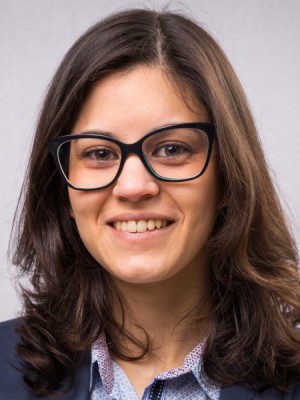abstract
Aqueous two-phase systems (ATPS) have been proposed as platforms for the purification of biomolecules, and the application of adjuvants to tune the properties of ATPS phases and their ability to extract and separate biological products investigated. This work addresses, for the first time, the use of acetonitrile (ACN) as adjuvant in ATPS composed of polyethylene glycol (PEG) of different molecular weights (from 400 to 20,000 g.mol(-1)) and potassium phosphate. The effect of ACN concentration (at 0.25, 2.5, 5 and 7.5 wt%) in the liquid-liquid equilibrium is here studied by measuring the phase diagrams, the composition of the phases in equilibrium and their Kamlet-Taft parameters. The results obtained demonstrate that the ACN presence increases the biphasic region of PEG-K3PO4 ATPS and its distribution between the coexisting phases is dependent on its concentration and ATPS composition. The difference in the dipolarity/polarizability of the coexisting phases is significantly affected by the presence of ACN in the ternary mixture. The partition of two phenolic compounds - protocatechuic acid and gallic acid - was studied, showing that ACN improves the partition of these molecules to the salt-rich phase, and that the system selectivity can be significantly improved by changing the concentration of the phase forming compounds.
keywords
AQUEOUS 2-PHASE SYSTEMS; SOLVATOCHROMIC COMPARISON METHOD; PHASE-SEPARATION; BIPHASIC SYSTEMS; SUGARING-OUT; EXTRACTION; PROTEIN; SCALE; WATER; BEHAVIOR
subject category
Engineering
authors
do Rosario, RLSD; Souza, RL; Farias, FO; Mafra, MR; Soares, CMF; Passos, H; Coutinho, JAP; Lima, AS
our authors
acknowledgements
The authors are thankful to Fundacao de Amparo a Pesquisa e Inovacao Tecnologica do Estado de Sergipe (FAPITEC/SE) for financial support and to Coordenacao de Aperfeicoamento de Pessoal de Nivel Superior (CAPES) for the scholarship awarded to R.L.S. F. Rosario. This work was partly developed within the scope of the project CICECO-Aveiro Institute of Materials, FCT Ref. UID/CTM/50011/2019, financed by national funds through the FCT/MCTES.



